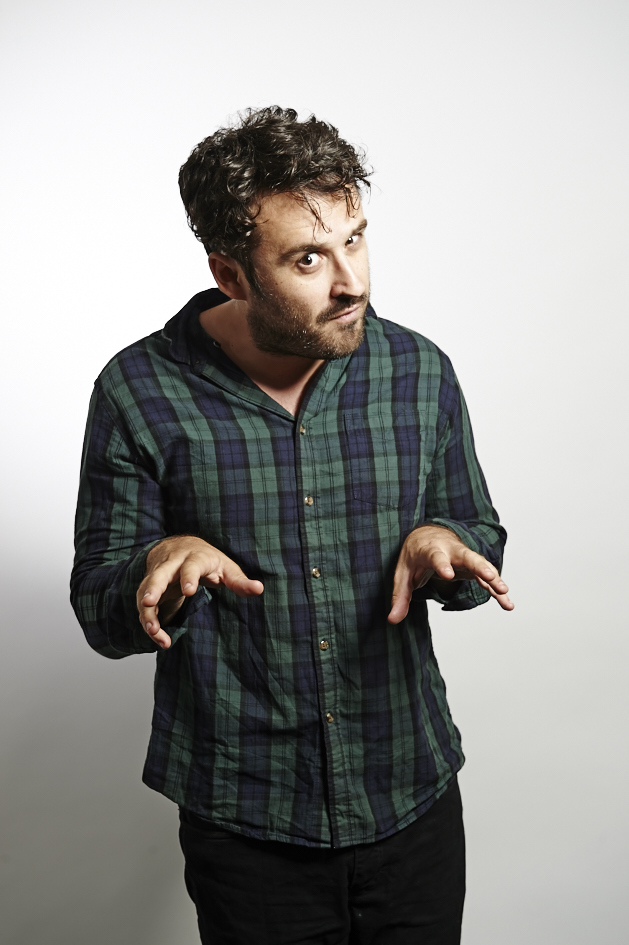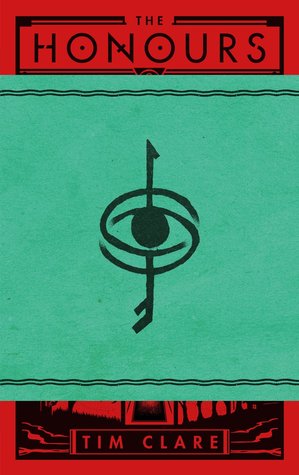You started your novel full of good intentions but now it’s sat at the side of the road like a tired donkey, refusing to move.

First of all, congratulations. Stopping means you’ve noticed something’s wrong. You’ve read novels where it’s clear the author never paused to ask ‘is this any good?’ and you know how that turns out. You have critical judgement, even if – at the moment – that judgement is just a vague discomfort, a subconscious feeling that your story has lost its way. You’re blocking yourself because you have high standards.
This can be fixed. You can keep your valuable discernment while nurturing an attitude of curiosity, wonder and experimentation. Something isn’t right in your story – or in your attitude towards discovering your story – and you have the enriching, satisfying opportunity to fix it.
Dull, linear stories don’t get stuck. Only spiky, original stories with bits that don’t look normal do. They set off the alarms and the production line shuts down. So take your temporary suspension of service for what it is – a sign that something interesting wants to be born.
1. CREATE OPTIONS
One of the biggest mental blocks I see in writers who’ve been working on their novel for a while is thinking of themselves as editors of their work rather than authors.
The shift in perspective is subtle at first, but soon they’re thinking less about creating new, exciting scenes and more about how best to not mess up. Focusing on potential hazards rather than opportunities produces stress. Studies have shown a strong negative correlation between creativity and stress – the more anxious you feel, the more your brain prunes extraneous data that might prove ‘distracting’. This reduces your options which renders you less able to deal with problems in your story, which produces more stress, which tightens your focus still further, which reduces your options… etc, etc. You recognise this, right?
So what to do? The solution is not simply about relaxing, although that can offer limited help. Taking a break from the laptop, going for a walk, doing some tidying – all these things can reduce arousal and widen your perspective.
But far more powerful is directly cultivating your creative mode of thinking. Ask ‘what if?’ Look at the section you’ve stopped at. Too often we end up asking ourselves ‘what happens next?’ rather than ‘what could happen next?’ List some possibilities.
Seriously. Literally set a timer on your phone for 10 or 20 minutes and list a series of one-sentence possibilities for what could happen next in your story. Make some of them silly, outlandish, impossible. Bad. Clichéd. Go to town. You’ll probably experience some anxiety, some self-criticism. That’s great. It means you’re doing the work.
Remind yourself this is your story. In writing a big, wild list, you may stumble upon one or two ideas which aren’t as ludicrous as they first seem.

2. SWITCH TENT POLES
You don’t have to write your book in order. In fact, you probably shouldn’t.
You’re not qualified to write the first page until you’ve written the last. It’s the most important part of the story yet we expect ourselves to write it when we’re least aware of what the novel is actually about.
If you’re stuck, jump ahead. Have you written the big, climactic scene, yet? (even literary fiction usually has some sort of thematic set piece where the soul of the book rises like a whale from the moonlit ocean, briefly visible) Go try it. Have you written the final page? Have a run at that.
Remember, you’re not trying to ‘get it right’, you’re mixing chemicals to see what happens. Sometimes you’ll get a bad smell. Sometimes you’ll get an explosion. Experiments teach you something and get you one step closer to your goal.
Once you’ve put up some of your tent poles, the bits between them will be easier to write. Some scenes will become obviously unnecessary. A classic reason for getting stuck on a scene is the subconscious realisation that the story doesn’t need it. Knowing where you’re going, not just as a vague conception in your head but as a clear constellation of words on a page, makes the journey much easier.
3. AVOID SHINY NEW THING SYNDROME
When your WIP runs into snags, it can be tempting to flee to the all-singing, all-dancing new idea capering around in your head. It just makes you so much more excited! Maybe you should switch to the new project instead?
No. Stay the course. If the idea’s any good, it will prove just as slippery as this one. And if it’s truly as wondrous as it seems, you want to be as skilled as possible when you come to turn it into reality. Which takes practice.
So stick to your current novel. Finish it. Learn from completing the whole process and take that value, that hard-won knowledge, into your next project.
Tim Clare is the author of The Honours, published by Canongate. He presents the writing advice podcast Death Of 1000 Cuts, and is the creator of the Couch to 80k Writing Boot Camp, a free 8-week writing course by podcast, with daily 10 minute writing exercises that take you from wherever you are, to being ready to finish your novel.
Comments